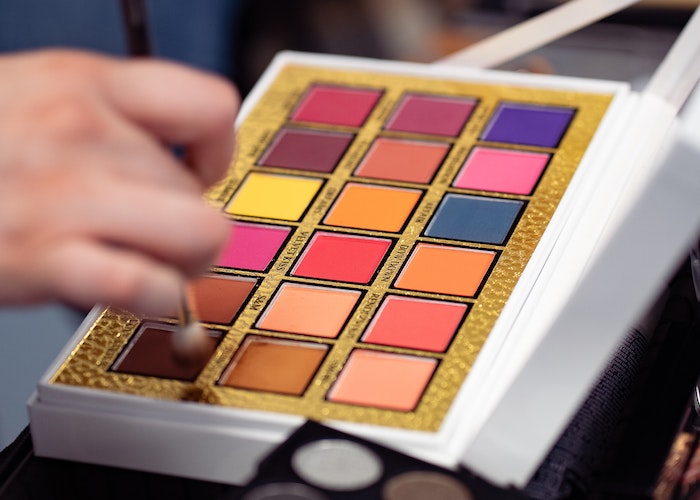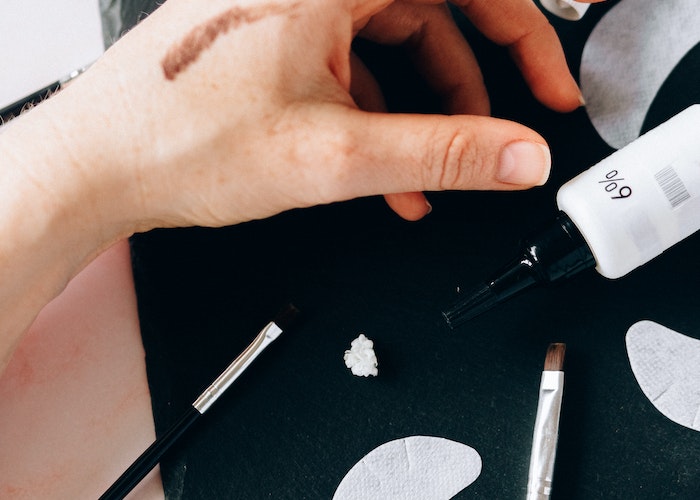In recent years, there has been a growing awareness and concern about the environmental impact of personal care products. Many conventional personal care items are manufactured using non-biodegradable materials and contain harmful chemicals that can harm ecosystems and contribute to pollution. As a result, there has been a significant shift towards the development and use of biodegradable personal care products. This comprehensive guide aims to provide a detailed overview of biodegradable personal care products, including their importance, benefits, challenges, and examples.
You should read some related posts
Benefits of using Biodegradable Personal Care Products
Biodegradable Personal Care Products at Home
Biodegradable Personal Care Brands
Sustainable Personal Care Expert
Understanding Biodegradability

Definition of Biodegradability
Biodegradability refers to the ability of a substance or product to break down naturally over time through the action of microorganisms, such as bacteria or fungi, into harmless components.
Importance of Biodegradability
- Environmental Impact: Non-biodegradable personal care products can persist in the environment for extended periods, leading to pollution of water bodies, soil, and air.
- Ecosystem Preservation: Biodegradable products help minimize the ecological impact and preserve natural resources.
- Sustainable Manufacturing: Utilizing biodegradable materials encourages sustainable practices and reduces carbon footprint.
2. Benefits of Biodegradable Personal Care Products
Reduced Environmental Footprint
- Biodegradable ingredients minimize pollution risks during manufacturing, use, and disposal.
- Biodegradable packaging materials reduce waste and landfill accumulation.
Health Benefits
- Non-toxic Formulations: Biodegradable products often use natural ingredients, reducing the exposure to harmful chemicals that can cause skin irritation or allergies.
- Gentle on Skin and Hair: Natural formulations are often milder and suitable for individuals with sensitive skin or scalp.
3. Challenges in Biodegradable Personal Care Product Development
Ingredient Sourcing
- Sourcing sustainable and renewable ingredients can be challenging due to limited availability or high costs.
- Balancing efficacy and natural sourcing to ensure product performance.
Shelf Life and Stability
- Natural ingredients may have shorter shelf lives, requiring careful formulation and packaging considerations.
- Maintaining product stability without compromising biodegradability can be a technical challenge.
Consumer Awareness and Education
- Educating consumers about the benefits of biodegradable products and their role in sustainability.
- Addressing misconceptions and ensuring transparency in product labeling.
4. Examples of Biodegradable Personal Care Products

- Skincare Products: Biodegradable facial cleansers, moisturizers, and serums made with natural ingredients. Sunscreens with biodegradable filters that minimize harm to coral reefs.
- Hair Care Products: Biodegradable shampoos and conditioners formulated with plant-based ingredients. Hair styling products that utilize natural ingredients and avoid harmful chemicals.
- Oral Care Products: Biodegradable toothbrushes made from bamboo or other sustainable materials. Natural toothpaste formulations without artificial additives.
- Bath and Body Products: Biodegradable soaps, body washes, and bath bombs made from natural ingredients. Eco-friendly menstrual products, such as biodegradable sanitary pads and tampons.
5. Certification and Labeling
- Recognized Certifications: Various certification organizations provide standards for biodegradability and environmental impact, such as the Biodegradable Products Institute (BPI), ECOCERT, and USDA Organic.
- Clear and Transparent Labeling: Labels should clearly indicate the biodegradability and environmentally friendly attributes of the product. Ingredient lists should be easily understandable, avoiding greenwashing or misleading claims.
Conclusion
Biodegradable personal care products play a crucial role in promoting sustainable practices and reducing the environmental impact of personal hygiene routines. With the increasing demand for eco-friendly alternatives, manufacturers are innovating to develop effective and safe products that align with consumer preferences. By opting for biodegradable personal care items, individuals can contribute to a cleaner and healthier planet while enjoying the benefits of natural and non-toxic formulations. Switching to biodegradable personal care products is a simple way to reduce your impact on the environment and promote sustainable living. By choosing biodegradable personal care products, you can enjoy the benefits of non-toxic, environmentally friendly, and sustainable products while contributing to a healthier planet. Remember to read labels, do your research, and dispose of products properly to make the most of your switch to biodegradable personal care products.